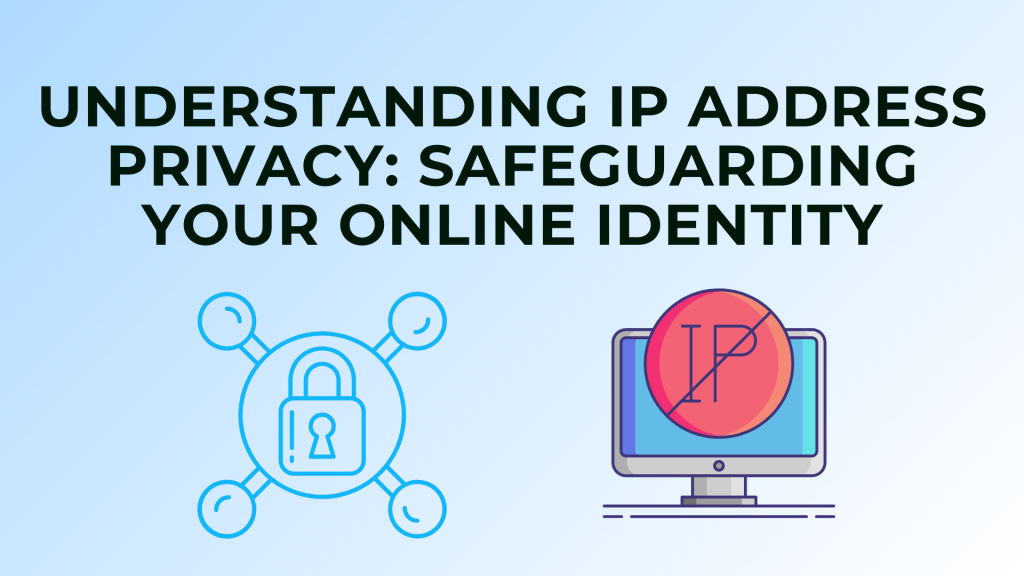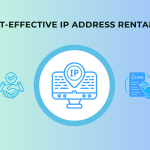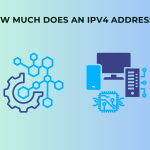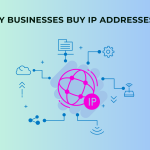In today’s interconnected world, maintaining the privacy of your IP address is crucial for safeguarding your online identity and personal information. This article delves into the significance of IP address privacy and offers insights into effective protection methods.
What is an IP Address?
An Internet Protocol (IP) address is a unique string of numbers assigned to each device connected to the internet. It functions like a digital home address, facilitating the sending and receiving of data between devices. There are two primary types of IP addresses:
IPv4 Address: The most widely used version, consisting of a 32-bit number, allowing for over 4 billion unique addresses.
IPv6 Address: Developed to address the exhaustion of IPv4 addresses, this version uses a 128-bit number, providing a vastly larger pool of addresses.
Why is IP Address Privacy Important?
Your IP address can reveal sensitive information, including your geographic location and internet service provider. This exposure poses several risks:
Tracking and Profiling: Advertisers and websites can track your online activities, building detailed profiles for targeted advertising.
Cybersecurity Threats: Malicious entities can exploit your IP address to launch attacks on your network or devices.
Surveillance: Unauthorized parties may monitor your online behavior, infringing on your privacy rights.
Methods to Protect Your IP Address
Safeguarding your IP address is essential for maintaining online privacy. Here are effective strategies:
Use a Virtual Private Network (VPN): A VPN encrypts your internet connection and routes it through a secure server, masking your real IP address.
Employ Proxy Servers: Proxies act as intermediaries between your device and the internet, hiding your IP address from the websites you visit.
Regularly Update Security Software: Keeping your firewall and antivirus software up to date helps protect against unauthorized access and potential exploits.
Conclusion
Protecting your IP address is a vital component of online privacy and security. By understanding the risks associated with IP address exposure and implementing measures like using VPNs and proxy servers, you can effectively safeguard your personal information and maintain control over your digital footprint.






